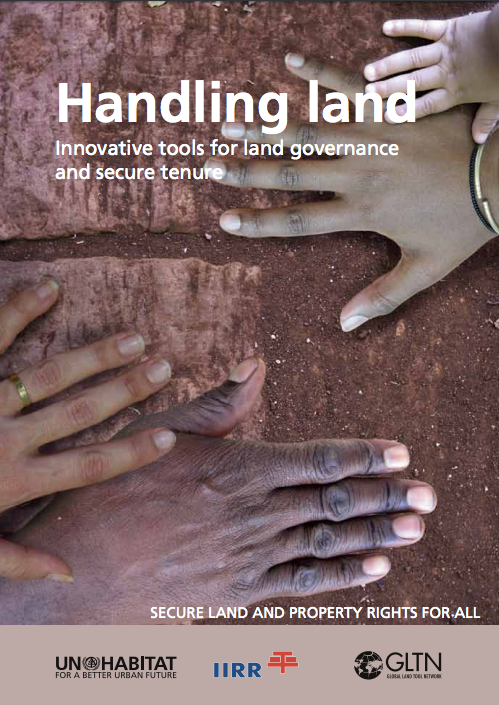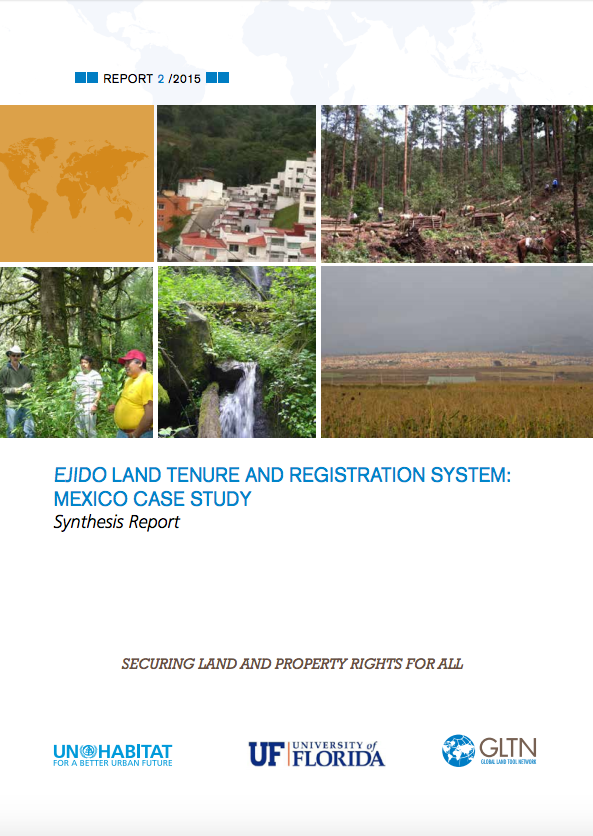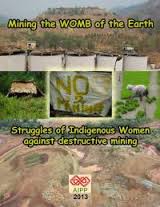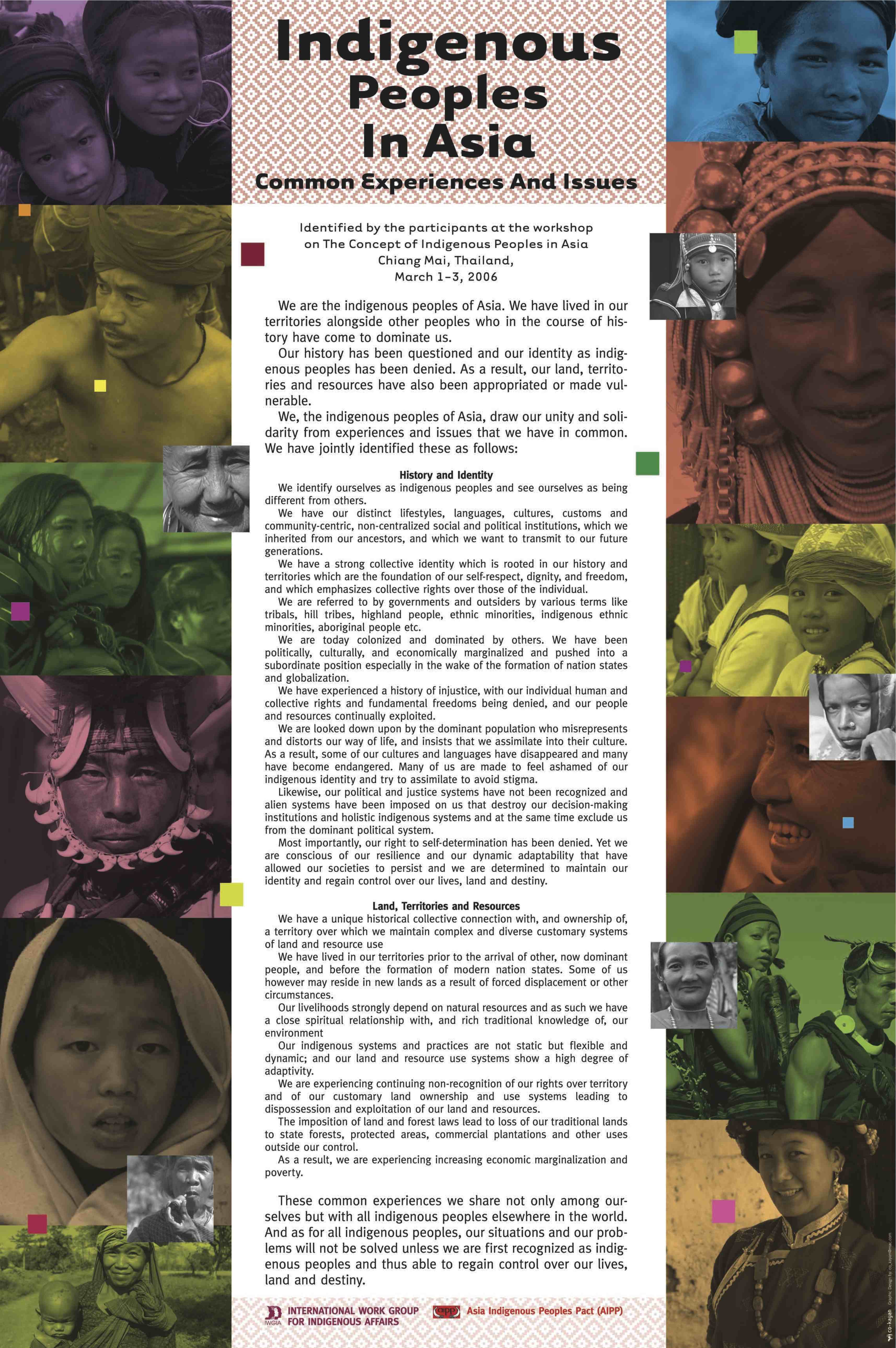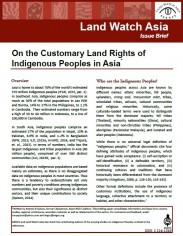In Sub-Saharan Africa, Time to Legally Recognize Customary Land Rights
A guest post by Dr. Steven Lawry, Global Lead, Land Tenure & Property Rights at DAI, a USAID partner and global development company committed to shaping a more livable world. Follow them @DAIGlobal


